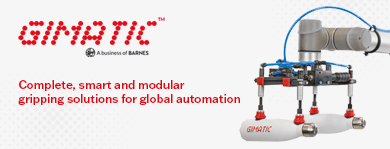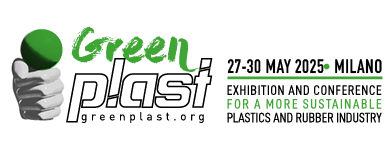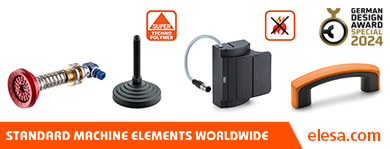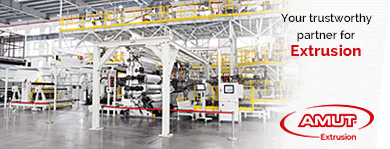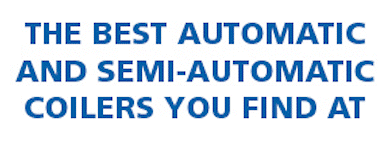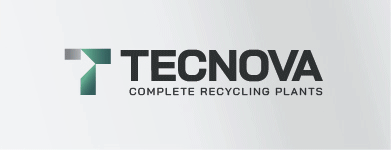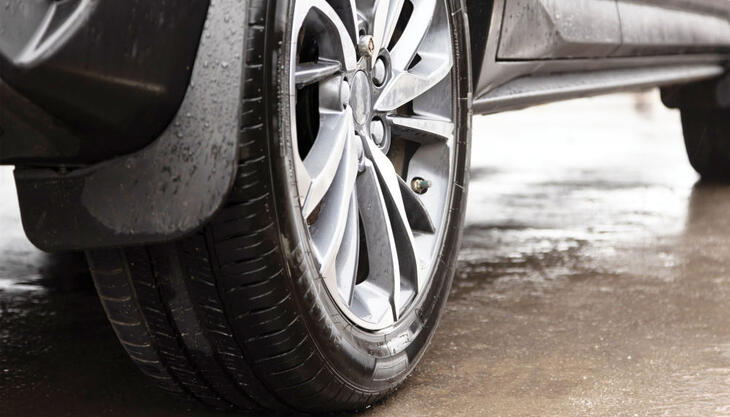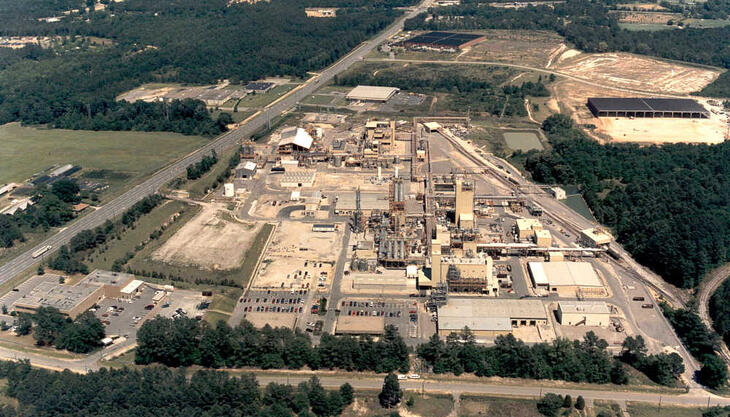
At Fakuma 2015 Nilit Plastics, one of the world’s largest polyamide compounders, highlighted its expertise in developing and producing innovative solutions for electrical & electronics applications, automotive and consumer durables. It has a wide range of products with excellent flame retardant properties, several of them independently certified as suitable for use in critical applications. Grades have also recently been certified for use in drinking water-contact applications in white goods.
Nilit Plastics also demonstrated its leadership in development of solutions for metal replacement across numerous sectors, as well as its capability in producing high quality compounds containing up to 100% of recycled materials.
Flame Retardant PPA
Following the successful introduction last year of the Frianyl XT series of polyphthalamide-based high performance compounds, one key grade, Frianyl XT4 GF30 V0I has now obtained a V-0 rating under the UL 94 flammability standard, for thicknesses down to 0.4 mm and for all colours. The rating confirms that Frianyl XT4 GF30 V0I is in line with the most important trends in the E&E industry, notably improved safety in components that are increasingly small and with thinner walls. Frianyl XT4 GF30 V0I contains a halogen-free flame retardant system and conforms to latest European environmental standards and WEEE recycling regulations.
Dr. Arno Wolf, vice president for sales at Nilit Plastics Europe, pointed out that customers have full freedom to colour-code and colour-brand their applications made of the new PPA compound. “This listing will now allow our customers to apply Frianyl XT4 GF30 V0I compounds in an even broader spectrum of applications in the electronics industry, where the mechanical and electrical performance of miniaturized parts has to withstand elevated temperatures,” Dr. Wolf said.
Polyamides for the railway industry
Nilit Plastics highlights a certification under EN 45545-2, the new pan-European fire protection standard for railway passenger vehicles, that it recently obtained for Frianyl A3 H GF25 V0, a PA66 25% glass fiber reinforced, heat stabilized and V-0 flame retardant compound. Nilit Plastics now has no fewer than seven grades of Frianyl polyamide compounds independently certified to comply with EN 45545, far more than the industry average. The grades are intended for such applications as isolators, current and voltage transformers circuit breakers, contactors, and the like. All are self-extinguishing and contain neither halogens nor red phosphorus.
Under EN 45545, materials are given one of three “hazard level” classifications: HL1, HL2 and HL3 (the highest), depending on their Limiting Oxygen Index (LOI), the density of smoke they generate and the toxicity of any gas they produce. Nilit Plastics has one PA6 and four PA 66 Frianyl compounds rated HL3, which means they are suitable for use without limitations in railway vehicles. They have varying levels of glass reinforcement, ranging from zero to 30%. Nilit Plastics also has two Frianyl compounds rated HL2: one is a 30% glass reinforced PA 6, the other is an unfilled PA 66.
Certification for water-contact in white goods
Nilit Plastics is active in applications for the white goods industry as well. Two Nilamid compounds, both based on polyamide 66 reinforced with 30% glass fiber, have recently obtained independent certification from authorities in the UK and in Germany for use in products for washing machines, dishwashers and the like that come into contact with drinking water. Dr. Wolf said that the white goods industry is very strict about the quality of materials it uses in its equipment.
Materials and components used in white goods have to comply with numerous strict requirements. Legislation in many countries requires that products coming into contact with drinking water do not affect the quality of water in terms of such aspects as cytotoxicity, colour, odour, turbidity, microbial levels, and other hygiene-related aspects. Plastics compounds can be certified according to norms set by such bodies as the German Technical and Scientific Association for Gas and Water, Guidelines for Plastics and Drinking Water (DVGW), and the UK Water Regulations Advisory Scheme (WRAS) , as well as French Certificate of health compliance (ACS), the US (Public Health and Safety Organization (NSF), and others.
“These new certifications will be valuable for our customers in obtaining approvals for their products from major OEMs in the white goods industry,” says Dr. Wolf. “By having the quality of our materials independently verified, Nilit Plastics is reducing the amount of testing - and the often substantial costs involved in that testing - that its processing customers have to put their products through before they get the go-ahead from their own customers for commercial production.” Components typically produced from the newly-certified polyamide compounds include electro-valves.
Nilamid XS for metal replacement
With their outstanding mechanical properties (high stiffness and strength, low warpage, good creep behaviour) as well as excellent surface finish, NILAMID XS grades based on a semi-crystalline partially aromatic polyamide are intended principally for metal replacement in structural and semi-structural applications in automotive and industrial & consumer markets. Nilit Plastics offers types with glass fiber reinforcement of up to 65%; impact modified types; mineral filled versions; and specialty types such as grades reinforced with carbon fiber and grades with low wear and friction properties.
High performance with 100% recyclate for the automotive industry
Ecomid ARX is a unique range of eco-friendly polyamide 6.6 compounds derived from recycled textiles, with automotive applications particularly in mind. Components in the engine compartment, interior and exterior can all benefit from the high quality and high consistency offered by these novel materials. The product portfolio includes unfilled and glass reinforced grades, impact modified and heat stabilized types. Grades are available that are compliant with demanding standards such as VW-TL50127, Daimler’s DBL 5410 and others for automotive applications.





